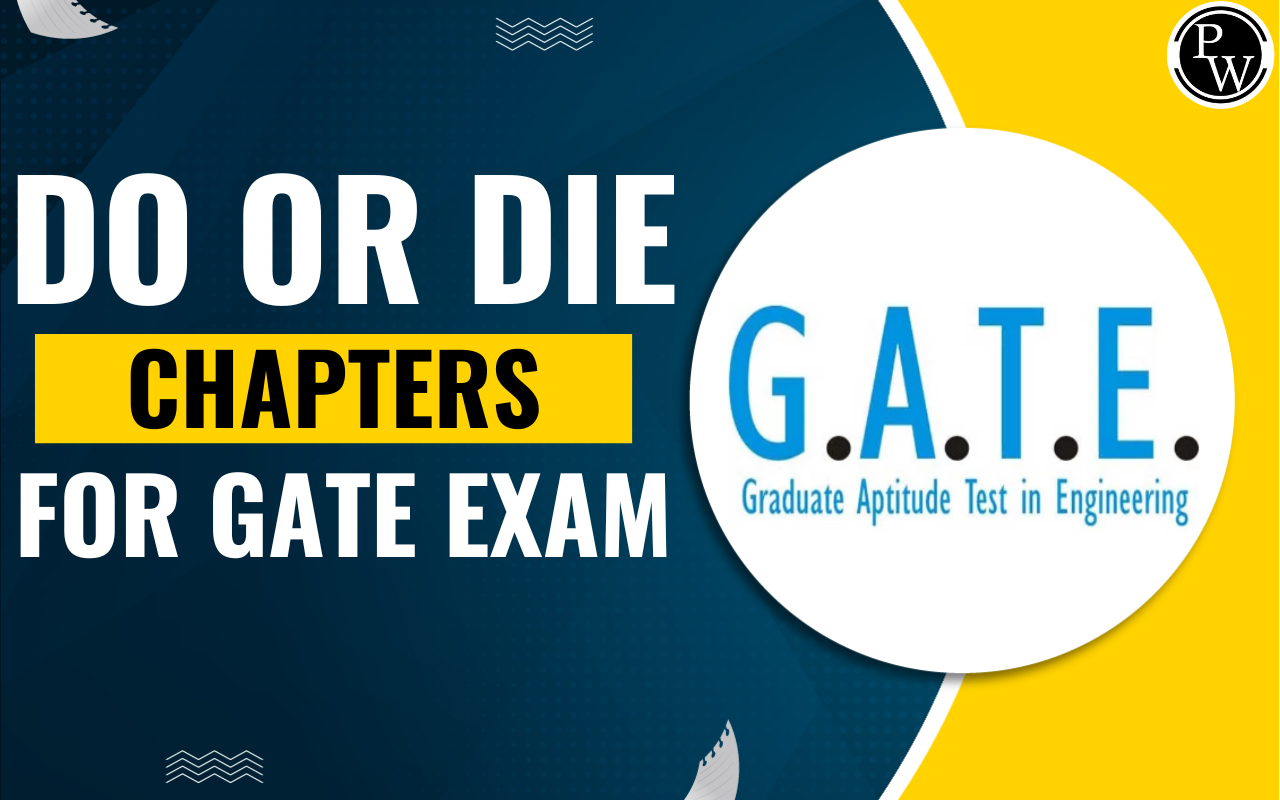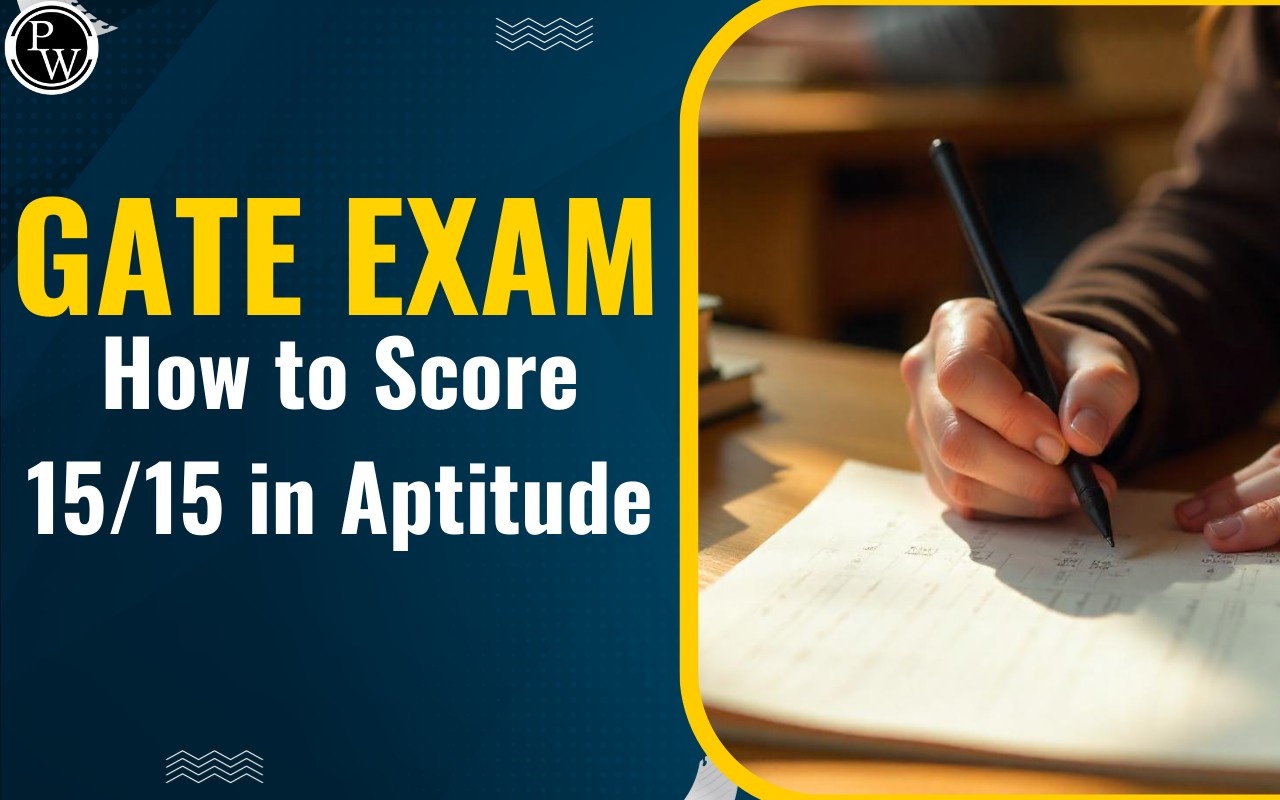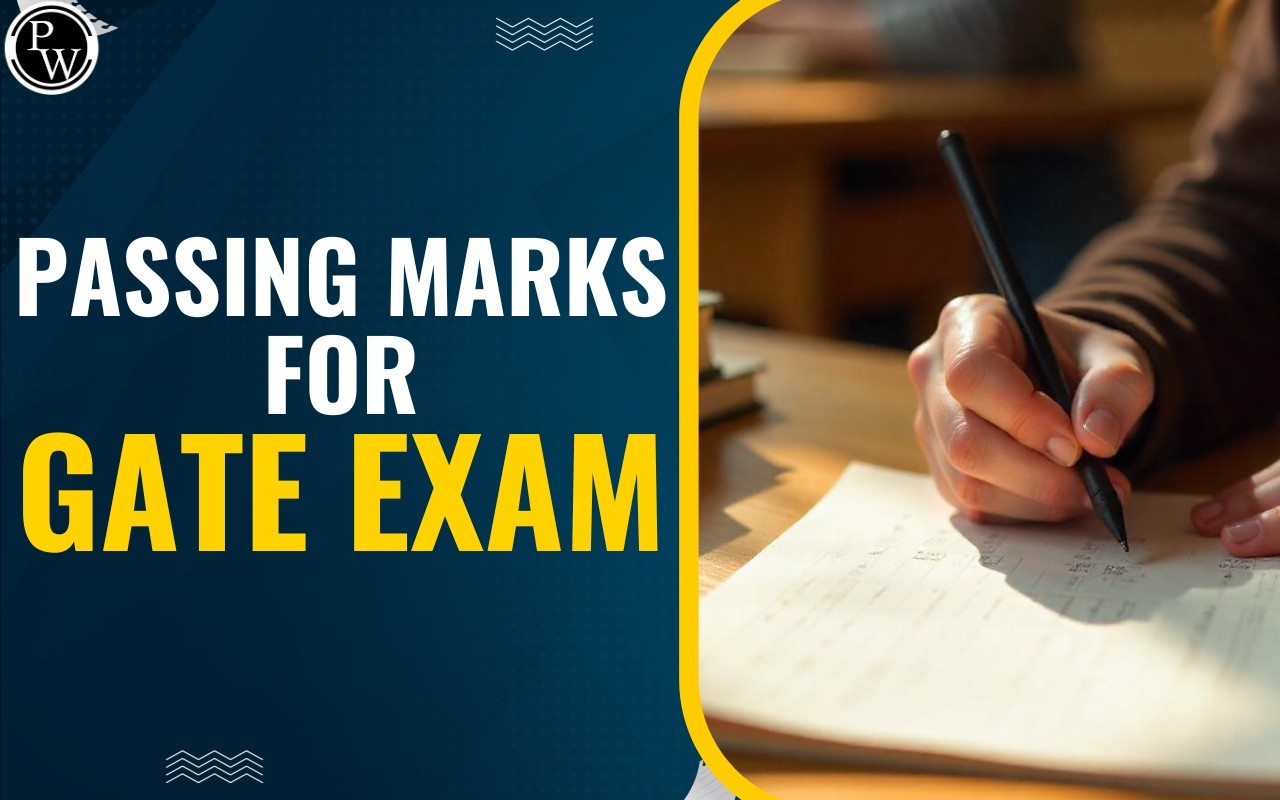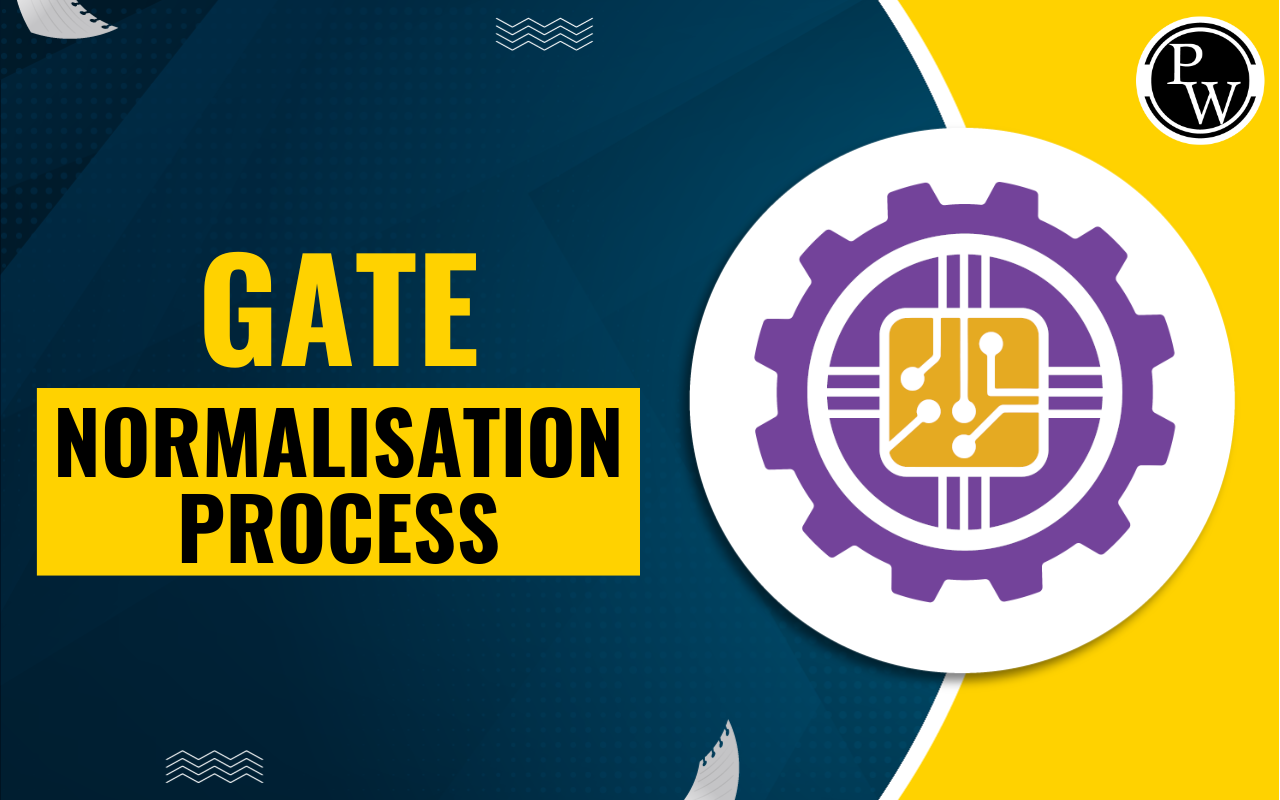
IITs vs PSUs: Which is Better Choice After GATE: Qualifying GATE offers numerous opportunities to aspirants including admission to IITs and job opportunities in PSUs. Choosing the best one among both depends on the individual's choice, interest and career aspirations. Moreover, it totally depends on the marks secured in the Graduate Aptitude Test In Engineering.
Candidates who took the GATE 2025 exam and secured the significant score higher than the cut off can opt for both options i.e. PSU jobs and PG admission. The GATE Result 2025 has been officially declared by IIT Roorkee on March 19. Following the result release, the institute also announced the GATE Cut Off 2025 for all the papers.
Every once in a while, the question "IITs vs PSUs Which is the better choice after GATE?" comes to the mind of aspirants preparing for the GATE examination. This long-standing dilemma has intrigued GATE aspirants for years. Both options, IITs and PSUs, demand an excellent GATE score.
As a result, high-performing applicants often find themselves in a dilemma when choosing between these two paths. While some GATE aspirants have a clear career goal in mind, some find themselves wondering what they should do. For those who are uncertain, this article aims to offer a comparative analysis with detailed comparison among both.
Check: GATE Toppers List 2025

Also, Check: PW GATE Toppers List 2025
IITs vs PSUs: Which is a Better Choice After GATE?
Clearing the GATE examination opens doors to two great career paths: higher studies at top institutions like IITs, NITs, and IISc, among others, or a reputed job at various PSUs (Public Sector Undertakings). However, before choosing between IITs and PSUs, applicants must thoroughly comprehend the advantages and disadvantages of IITs vs. PSUs and make an informed decision that aligns with their long-term goals.
For the applicant's ease of understanding, this section will include a comparative analysis of IITs vs. PSUs after GATE 2025.
IIT M.Tech Courses After GATE
- Starting Salary: The starting salary for M.Tech graduates after GATE is generally lower.
- Salary Growth Rate (Long Term): In the long term, M.Tech graduates from IITs often experience a higher salary growth rate.
- Entrepreneurship Opportunities: Having an M.Tech. A degree from IIT can open up ample possibilities for entrepreneurship.
- Work-Life Balance (Placement in MNCs): On the downside, M.Tech graduates placed in multinational corporations (MNCs) often face a poorer work-life balance.
- Job Security: Job security is comparatively lower on the M.Tech path.
- Job Profile: The job profile tends to be challenging and dynamic.
- Safety of the Career Path: However, the career path can be considered relatively riskier.
- Entrance Exams for Further Opportunities: To pursue further opportunities, M.Tech graduates may need to appear for other competitive exams.
PSU Jobs After GATE
- Starting Salary: On the other hand, working in Public Sector Undertakings (PSUs) after GATE typically offers a higher starting salary.
- Salary Growth Rate (Long Term): However, the long-term salary growth rate tends to be similar.
- Entrepreneurship Opportunities: There is a lower chance of entrepreneurship on the PSU path.
- Work-Life Balance: PSU jobs often provide a better work-life balance.
- Job Security: Job security is generally higher in PSU jobs.
- Job Profile: However, the job profile at PSUs tends to be more monotonous.
- Safety of Career Path: The career path in PSUs is considered a safer option.
- Entrance Exams for Further Opportunities: If PSU employees wish to pursue an M.Tech, it's relatively easier to do so without the need for entrance exams.
|
IITs vs PSUs: Comparative Analysis |
||
| Aspects to Compare | M.Tech Courses After GATE | PSU Jobs After GATE |
| Salary at the Starting of the Job | Lower | Higher |
| Long Term Salary Growth Rate | Higher | Lower |
| Entrepreneurship Opportunities | Possible with an M.Tech Degree | Low Chance |
| Work-Life Balance (Placement in MNCs) | Poor | Better |
| Job Security | Comparatively Lower | Higher |
| Job Profile | Challenging and Dynamic | Monotonous |
| Safety of Career Path | Comparatively Riskier | Safer |
| Entrance Exams for Further Opportunities | May Require Appearing for another Competitive Exam | Easier to Pursue M.Tech After a PSU Job |
Is a PSU Job After GATE a Better Choice?
The choice between pursuing a PSU (Public Sector Undertaking) job after GATE and other alternatives depends on various factors, including the applicant's career goals, preferences, and personal circumstances. However, PSU jobs offer several advantages, including:
- A PSU job provides a strong assurance of job security along with a relatively low workload. Interestingly, applicants can pursue an M.Tech. Degree even after joining a PSU job.
- Many PSUs offer study leaves spanning 3 to 5 years to facilitate higher studies, and the expenses are often covered by the PSU itself.
- Moreover, PSUs and government jobs, in general, come with a multitude of perks, allowances, and benefits, making them an attractive option.
- It is important to remember that the nature of work in PSUs could vary. Some PSUs, like BARC, BHEL, ISRO, DRDO, and others, are extremely technically oriented and provide opportunities in core subjects. Other PSUs, on the other hand, may be primarily involved in administrative or management responsibilities, with exceptions to this general pattern.
- In more general terms, a PSU job can provide security, but it can also involve a somewhat repetitive routine.
PSUs offer competitive salary scales for various job positions after qualifying GATE:
- Management Trainee: Typically, a monthly salary ranges from Rs. 40,000 to Rs. 50,000, which may increase after the training period.
- Junior Engineer: For the Junior Engineer post, applicants receive a monthly salary in the range of Rs. 25,000 to Rs. 35,000
- Assistant Engineer: A monthly salary for Assistant Engineers in PSUs ranges from Rs. 30,000 to Rs. 40,000.
- Deputy Manager: Generally, a monthly salary in the range of Rs. 50,000 to Rs. 60,000
- Manager: A monthly salary in the post of Manager within PSUs ranges from Rs. 60,000 to Rs. 80,000.
Is Pursuing M.Tech After GATE a Good Choice?
The decision to pursue an M.Tech program after GATE 2025 depends on various factors, including the applicant's field of interest, career goals, and personal preferences. However, here are some of the aspects of pursuing an M.Tech from IITs after GATE 2025:
- Some applicants may find that M.Tech programs in India are not uniformly research-oriented across all branches or institutions. It's essential to research the specific program and institute to determine its research focus.
- Mere admission to an IIT does not guarantee a good placement. Applicants must continue to work diligently, complete assignments, and strive for good placements during their M.Tech studies.
- Graduating from an IIT carries prestige and can benefit one's career. The "IITian" tag can open doors and provide recognition.
- M.Tech programs from IIT may offer opportunities for international exchange or internships, providing valuable global exposure.
- While initial salaries in MNCs after M.Tech may be higher, it often takes several years of service to reach significantly higher salary levels. The earning potential in the private sector can be significantly greater than in PSUs.
- If applicants have entrepreneurial ambitions or aspire to start their own business, an M.Tech program from IIT can provide them with valuable skills and networks.
- After completing M.Tech, there is typically no direct entry into PSUs. Applicants interested in PSUs may need to appear for a GATE-like exam again to secure a position.
IITs vs PSUs: Which is the Better Choice After GATE 2025?
To secure admission to IITs or jobs in PSUs both require a competitive GATE Score. Most importantly, for both options, it is vital to achieve a good GATE score. Therefore, to prepare for the GATE 2025 exam, applicants must follow a solid preparation strategy covering the entire syllabus smartly and attempt the maximum number of mock tests. Securing a top score in the GATE will serve both of these options to embark on a successful career path.
Choosing the best one among both depends on the candidate's interests and career aspirations. Both are the best options after qualifying for GATE to seek a lucrative career in the relevant field. So, analyze your priorities and benefits of both to select the appropriate choice for you.
Elevate your GATE readiness with Physics Wallah’s GATE Online Courses. PW GATE Online Coaching offers comprehensive live sessions tailored to the syllabus, invaluable study materials, practice tests, and much more.
IITs vs PSUs: Which is a Better Choice After GATE FAQs
Q. Which is better, IIT or PSU, after GATE?
Q. Can I pursue M.Tech after securing a PSU job after GATE?
Q. In terms of salary, which is the better choice: IIT or PSU after GATE?
Q. Do PSUs provide decent salary packages?










